Data from COVID-19 patients indicate that smokers are at higher risk of complications. The researchers published an article in the journal Developmental Cell that one of the possible reasons is that smoking increases the gene expression of ACE2 (a protein that binds to SARS-CoV-2), which may promote COVID- 19 infections. The study shows that long-term smoking will increase the ACE2 protein in the lungs, which may lead to a higher…
Hotspot
Study Found the Global SARS-CoV-2 Is Composed of Six Main Subtypes

The World Health Organization announced the global pandemic of COVID-19 in March 2020, the second pandemic in the 21st century. Severe acute respiratory syndrome coronavirus 2 (SARS-CoV-2) is an RNA beta coronavirus of the Coronaviridae family. The expansion of virus populations, such as SARS-CoV-2, has accumulated many shared polymorphisms, which has caused confusion in traditional clustering methods. In this case, a method to reduce the complexity of the sequence space…
Why SARS-CoV-2 Spread So Easily Among People?
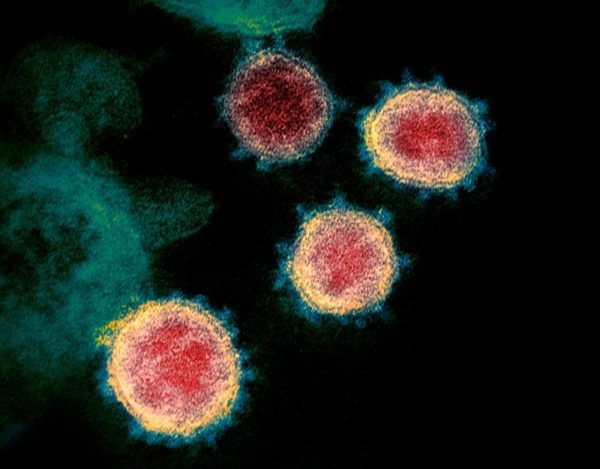
Researchers have identified microscopic features that may make this pathogen more infectious than the SARS virus and can serve as drug targets. With nearly 100,000 people infected with SARS-CoV-2 worldwide, researchers are racing to understand what makes it so easy to spread. Several genetic and structural analyses have identified a key feature of this virus—a protein on the surface—which may explain why it is so susceptible to infect…
Nature: Scientists are Developing Nanovaccines to Fight New Crown Viruses
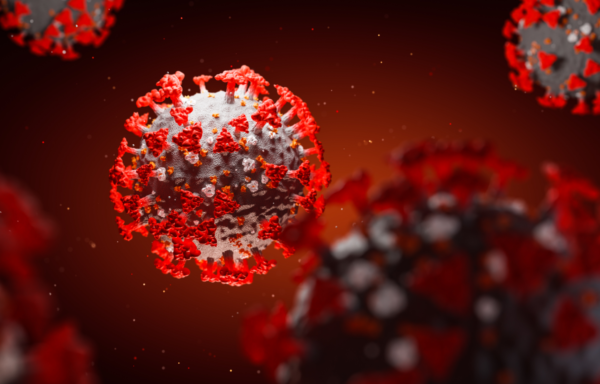
As infections from SARS-CoV-2 spread from Wuhan, China, to all over the world, researchers are scrambling to develop a vaccine, and life science companies are providing help. On January 28, 2020, a few weeks after the first official report of the first case of coronavirus in 2019, the U.S. Department of Health and Human Services held a press conference in Washington, D.C., saying that SARS-CoV-2 infected thousands of people…
The Application in Cancer Diagnosis of Exosomes
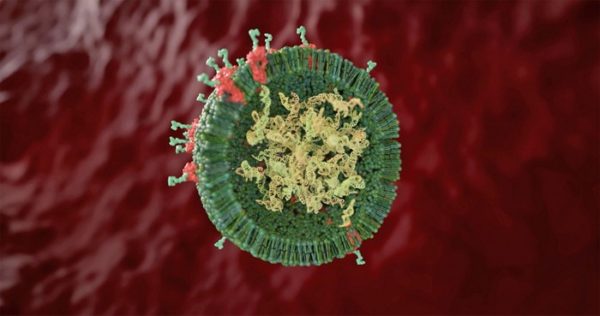
As we know, exosomes are small vesicles secreted by cells. Therefore, exosomes have the characteristics of donor cells and have certain cell specificity. In a large number of studies on exosomes in cancer patients, it has been found that exosomes secreted by cancer cells have characteristic molecules that can be used to distinguish other exosomes, and can be used as molecular markers for cancer diagnosis. At present, the common molecular…
Overview of Formation and Function of Exosomes as well as The Important Role in The Occurrence and Deterioration of Cancer
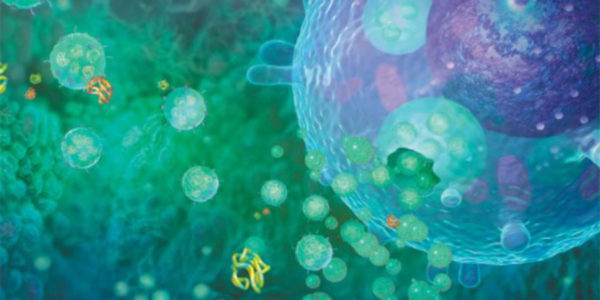
In the early 1980s, researchers discovered exocytosis in normal cells or tumor cells cultured in vitro, and cells secreted vesicle structures with cell membrane characteristics in their culture medium. In 1983, Johnstone found that in vitro cultured sheep stromal erythrocytes excreted small vesicle structures containing transferrin receptors during maturation, they named the small vesicle structure released by the cell as an exosomes. Early detection of exocrine-secreting cells is mainly…
Nature: “Reconstruct” T cells into the Brain and Attack “Escape” Cancer Cells
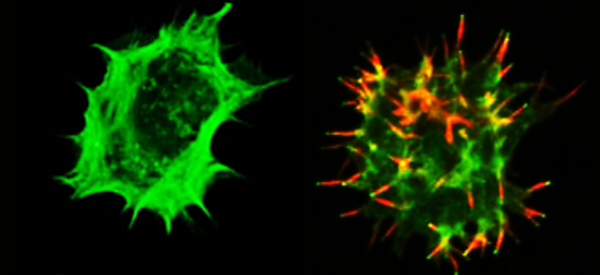
For glioblastoma, immunotherapy faces a particular challenge—the blood-brain barrier blocks T cells from entering the brain to prevent brain inflammation that can be life-threatening. This “protective measure” is beneficial under normal conditions, but it prevents T cells from reaching the glioblastoma, leaving immunotherapy useless. On September 5th, Nature published an article entitled “A homing system targets therapeutic T cells to brain cancer”, which reveals a new solution from a…
New Mechanism by Which Cancer Cells Inhibit Anti-tumor Immune Responses Revealed
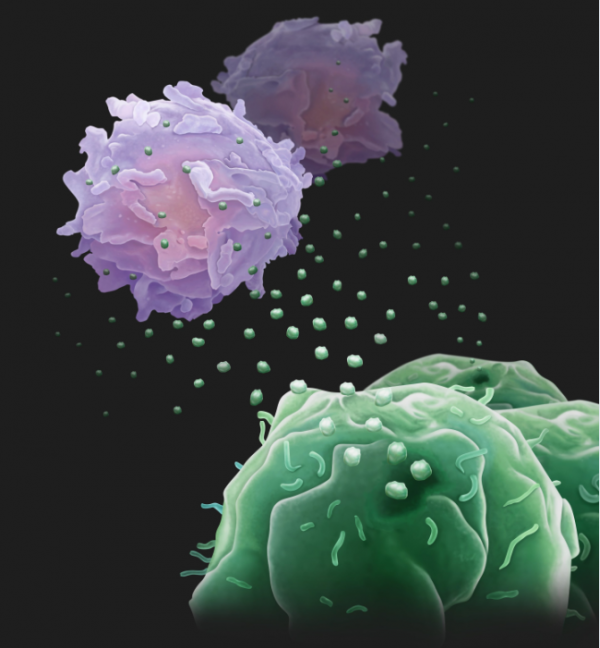
Cancer cells are not just a group of cells that are out of control; for their own survival, they actively participate in the struggle with the immune system. Being able to evade detection by the immune system is a feature of cancer. In a new study, researchers from the University of Pennsylvania found that cancer cells release biological “unmanned aerial vehicles” – small vesicles called exosomes that circulate in the…
Nat Med: Key Factors Determining the Anticancer Effect of Immunological Checkpoint Therapy
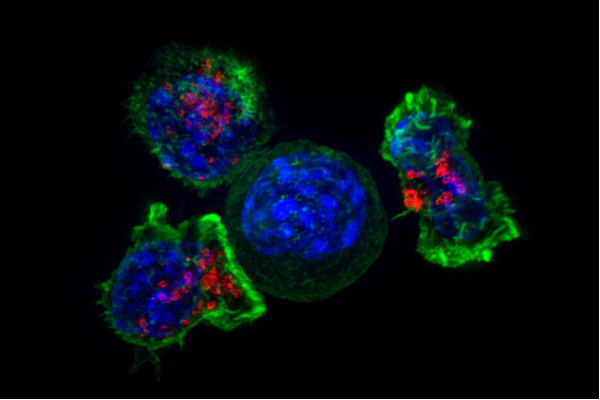
Stimulatory dendritic cells (SDCs) play a key role in stimulating cytotoxic T lymphocytes and promoting immune responses against cancer. Studying the mechanisms that regulate the abundance of SDCs in the tumor microenvironment (TME) will provide new therapeutic strategies. Rencently, researchers from the University of California, San Francisco, studied the abundance in human melanoma and the influencing factors of SDC, and found it was associated with intratumoral expression of…
Ways to Promote Durable Weight Loss in Obese Patients Found
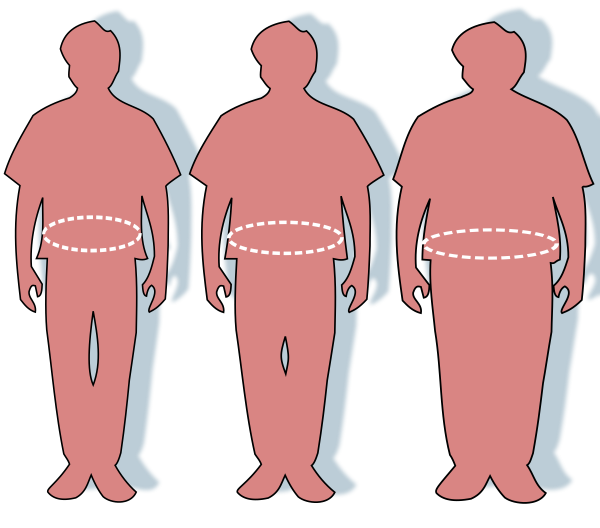
Recently, in a study published in Nature Medicine, researchers from Charite Medical College in Berlin successfully treated obese patients due to hereditary defects. The new drugs developed by the researchers not only benefit patients, but also help them understand the basic signal pathways that regulate the satiety of this new drug. Gene mutations that encode leptin receptors induce individuals to become extremely hungry during the first few months of…
